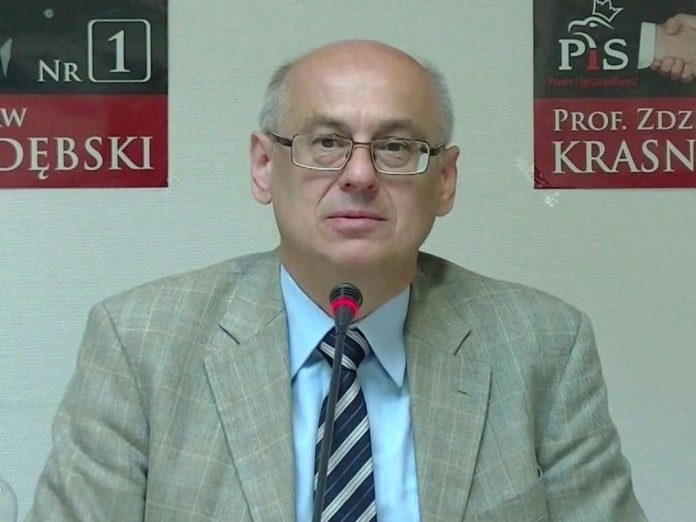Legislation intended to ensure that the EU’s energy market rules apply to pipelines arriving from third countries such as Russia provide too many loopholes and ignore the interests of neighbouring Member States, warned Zdzisław Krasnodębski, ECR energy spokesman and Vice-President of the European Parliament today.
When first announced, the proposals were seen as a direct attempt to prevent Russia from further exerting undue influence over EU Member States vis-à-vis their planned Nord Stream 2 pipeline, which connects to the EU in Germany and includes former Chancellor Gerhard Schröder as board member.
They would have ensured that the pipeline operated to the same levels of transparency and efficiency, while also being as accessible to other operators, as those situated within the EU.
“Without saying so these new rules were intended to ensure one particular project played by our rules. But the agreement gives too much room for manoeuvre for EU countries that are not willing to act in our common interest,” said speaking after the vote Krasnodębski.
The agreement reached will see the EU country where a pipeline lands be responsible for applying the new rules and allows exemptions from those rules can be authorised. Crucially however, the criteria for assessing whether such exemptions can be granted are vague and pose serious questions on how they can be applied. This only exacerbates the widely shared concerns that Nord Stream 2 will see Germany become Europe’s gas hub and allow Russia to exert even more pressure on Ukraine, currently the main transit route for Russian gas into the EU.
“Nord Stream 2 is a reckless political project that threatens our energy security and puts the interests of one country ahead of everyone else’s. We hear a lot about European solidarity and this is the exact opposite,” Krasnodębski concluded.

